Podcasts that mention 📚 The Wealth of Nations by Adam Smith
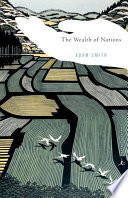
The Wealth of Nations
Mentioned 59 times in 26 episodes across 13 podcasts.
Podcasts that mention The Wealth of Nations by Adam Smith
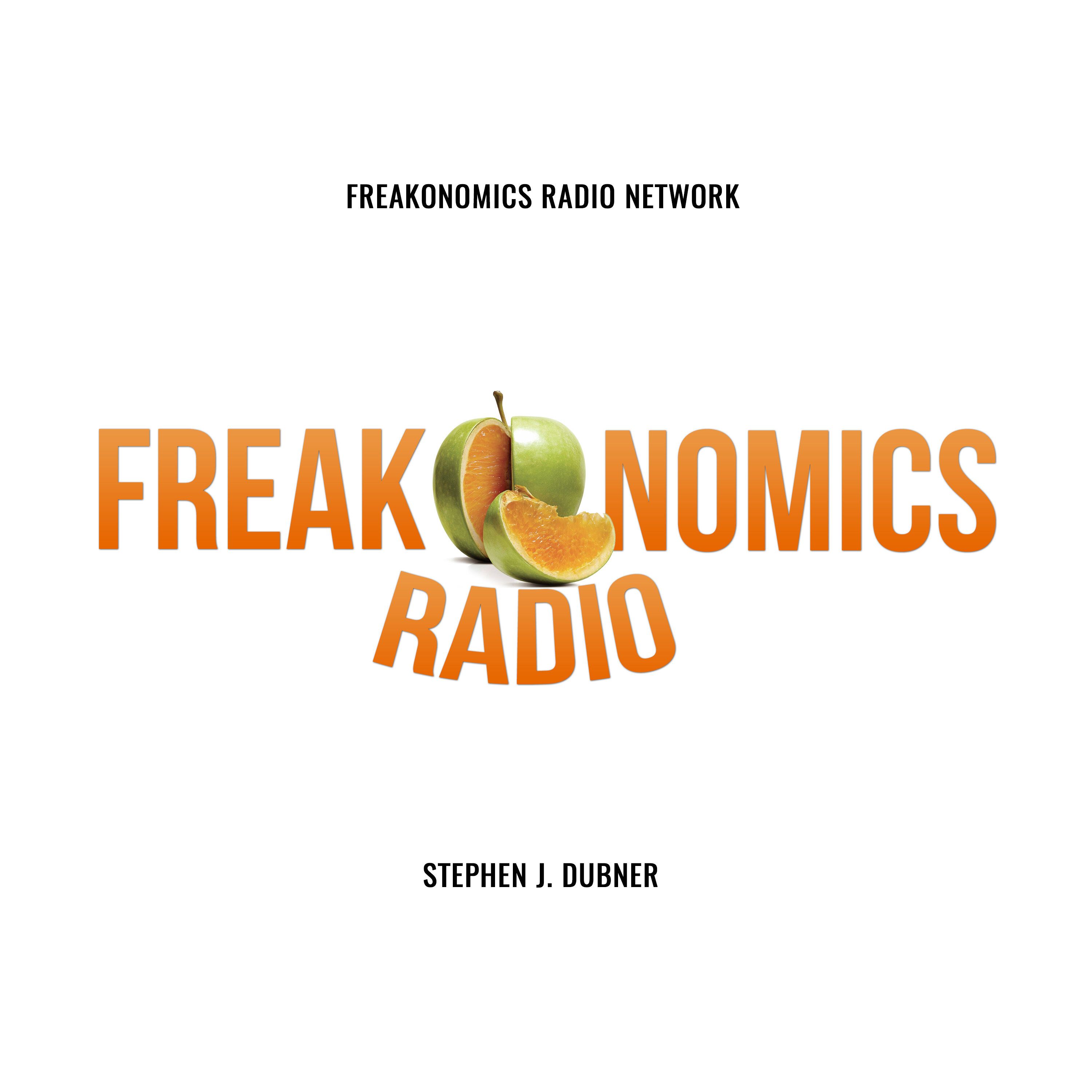
Freakonomics Radio episodes that mention The Wealth of Nations by Adam Smith
Episode: Why Does the Most Monotonous Job in the World Pay $1 Million? (Update) | Episode 493
Published on February 16, 2023
This goes all the way back to Adam Smith.
The podcast host, Stephen Dubner, discusses the concept of specialization, referencing its origins with Adam Smith and suggesting his influential economic work, particularly 'The Wealth of Nations'.
Episode: Can Adam Smith Fix Our Economy? | Freakonomics Radio | Episode 527
Published on January 4, 2023
I know The Wealth of Nations is the most famous book, but for me, as mentioned earlier, it's the Theory of Moral Sentiments that serves as the true guide.
In this segment, 'The Wealth of Nations' is referenced as the most well-known book by Adam Smith, contrasting it with his other work, 'The Theory of Moral Sentiments', which the speaker considers to be a more genuine guide.
They know about The Wealth of Nations and that Margaret Thatcher, the enemy, always had a copy of Wealth of Nations, the legend goes, in her handbag.
The mention refers to the book 'The Wealth of Nations' in the context of a popular belief that Margaret Thatcher always carried a copy in her handbag. This reference contributes to the discussion about public perception regarding Adam Smith.
When Adam Smith was writing The Wealth of Nations in the mid-18th century, it wasn't supermarkets he was worried about.
The mention highlights that while Adam Smith was writing 'The Wealth of Nations' in the mid-18th century, his concerns were quite different, not focused on the concept of supermarkets, which serves as a point of contrast in the current discussion.
Here is a passage from The Wealth of Nations read by John Ewell: While they were traders only, they managed their trade successfully and were able to pay from their profits a moderate dividend to the proprietors of the stock.
During the episode, John Ewell reads a passage from 'The Wealth of Nations', highlighting how traders managed their trade and provided dividends to stock proprietors.
At its peak, which was around the mid-18th century when Adam Smith was writing The Wealth of Nations, the East India Company controlled...
The mention references 'The Wealth of Nations,' a significant work by Adam Smith written during the mid-18th century, in the context of its relationship to the East India Company's prominence at that time.
Writing in The Wealth of Nations, Smith blamed the severity of the famine on the East India Company's improper regulations and injudicious restraints.
In the discussion, it's noted that Adam Smith addresses the famine in 'The Wealth of Nations,' attributing its severity to the East India Company's poor regulations and unwise restrictions.
So I think the association of Smith with economics has privileged that particular element in his analysis, which is more apparent in The Wealth of Nations.
In this segment, the book 'The Wealth of Nations' is referenced in the context of discussing how Adam Smith's analysis relates to economic theory.
It was in this 17th century building that Smith completed the final editions of his two masterworks: The Theory of Moral Sentiments and, of course, The Wealth of Nations.
In the context of the discussion, 'The Wealth of Nations' is highlighted as one of the two significant works completed by Adam Smith in a historic 17th-century building.
I'm sure he'd have risen with the sun and done some work on his revisions to The Theory of Moral Sentiments and The Wealth of Nations before he put on his dress coat and wandered up Edinburgh's beautiful Royal Mile.
The mention discusses how Adam Smith likely spent his time revising his works, particularly referring to 'The Wealth of Nations' and 'The Theory of Moral Sentiments', set against the backdrop of Edinburgh's Royal Mile.
While he was able to make meaningful revisions to The Theory of Moral Sentiments and The Wealth of Nations during his time at Panmure, he was also, unfortunately, really busy with his day job.
'The Wealth of Nations' is referenced in the context of revisions that Adam Smith was making while working at Panmure House.
Oh yes, that's another phrase I really love, and to be honest, there are parts of The Wealth of Nations that are mesmerizingly mundane.
During the podcast, a discussion touches upon 'The Wealth of Nations', pointing out that while some sections may seem mundane, they are nonetheless captivating.
Episode: In Search of the Real Adam Smith | Freakonomics Radio | Episode 525
Published on January 2, 2023
You see the humanity and understanding of people from The Theory of Moral Sentiments even more so than from The Wealth of Nations.
In this segment, podcast host Stephen Dubner draws a comparison between 'The Wealth of Nations' and 'The Theory of Moral Sentiments', highlighting how the latter showcases a deeper understanding of human nature.
It also says on the site stood the home of his mother, in which he lived from 1767 to 1776, and completed The Wealth of Nations.
In the podcast, host Stephen Dubner refers to 'The Wealth of Nations' while discussing the historical context surrounding its completion and its significance.
Years later in The Wealth of Nations, he would blame the incentives, explaining that professors were paid well whether they taught well or not at the University of Oxford.
In this segment, Stephen Dubner discusses Adam Smith's critique in 'The Wealth of Nations', where he highlights the issue of professors at the University of Oxford being rewarded regardless of their teaching effectiveness.
There were just the two books: The Theory of Moral Sentiments and The Wealth of Nations, with multiple editions of each since he was an inveterate reviser.
In this segment, the podcast host discusses Adam Smith's significant works, highlighting 'The Wealth of Nations' alongside 'The Theory of Moral Sentiments,' emphasizing Smith's tendency to revise his publications.
Smith later very famously said that this letter brought on me ten times more abuse than the very violent attack I made on the entire commercial system of Great Britain, meaning of course The Wealth of Nations.
In this segment, the host discusses a quote from Adam Smith, where he reflects on the backlash he received after discussing his seminal work, The Wealth of Nations. Smith emphasizes the impact of his book on public perception and debate.
The Wealth of Nations is an attack on the entire commercial system of Great Britain.
In this segment, the podcast host references Adam Smith, highlighting his influential work, "The Wealth of Nations," which critiques the commercial system of Great Britain.
It doesn't say The Theory of Moral Sentiments, but The Theory of Moral Sentiments tells you so much more about Smith than what The Wealth of Nations does.
In this segment, podcast host Stephen Dubner highlights the differences between 'The Wealth of Nations' and 'The Theory of Moral Sentiments,' emphasizing that the latter provides deeper insights into Adam Smith's ideas.
But you see the references to The Wealth of Nations.
In this segment, podcast host Stephen Dubner discusses a mention of 'The Wealth of Nations,' referring to its significance as a foundational economic text.
Adam Smith changed that; here is a famous passage from the first of five books that make up The Wealth of Nations: 'It is not from the benevolence of the butcher, the brewer, or the baker that we expect our dinner but from their regard to their own interest.'
In this segment, the host Stephen Dubner discusses a notable excerpt from Book One of 'The Wealth of Nations' by Adam Smith, emphasizing the idea that self-interest drives economic behavior rather than altruism.
What is Smith trying to explain in The Wealth of Nations?
In this segment, podcast host Stephen Dubner inquires about the main intent behind Adam Smith's classic work, 'The Wealth of Nations'.
Here is how Smith put it in The Wealth of Nations: 'If they had all worked separately and independently and without any of them having been educated to this peculiar business, they certainly could not each of them have made 20; perhaps not one pin in a day.'
In this segment, a quote from Adam Smith's 'The Wealth of Nations' is discussed, highlighting the importance of specialization in production.
If you have read even a little bit of The Wealth of Nations, you may recall the passage that George Proudfoot is talking about here—the pin factory.
In this segment, host Stephen Dubner discusses the famous pin factory example found in 'The Wealth of Nations' by Adam Smith, inviting listeners to reflect on its significance.
Obviously, some biographers suggest that he was certainly looking at things in the early part of The Wealth of Nations; he talks about pin manufacture, and obviously in Kirkcaldy, that was in the next village to here.
During the discussion, a local expert brings up 'The Wealth of Nations' to illustrate an example of pin manufacture, indicating its relevance to the topic at hand.
And then, of course, with The Wealth of Nations, how do you understand the forces of national wealth?
In this segment, the host Stephen Dubner references 'The Wealth of Nations' by Adam Smith while discussing the concepts surrounding national wealth.
In that same year, a Scottish economist named Adam Smith launched another revolution with a book entitled The Wealth of Nations, which exposed for all time the folly of protectionism.
In this segment, the host Stephen Dubner discusses 'The Wealth of Nations', a pivotal book by Adam Smith that highlights the flaws of protectionist policies, emphasizing its revolutionary impact on economic thought.
If you know anything at all about Adam Smith, it probably comes from his second and most famous book, The Wealth of Nations.
In this segment, the host Stephen Dubner highlights 'The Wealth of Nations' as Adam Smith's second and most celebrated book, suggesting that most people's knowledge about Smith is derived from this influential work.
The Theory of Moral Sentiments, The Wealth of Nations; those were the books Adam Smith left behind.
In this segment, host Stephen Dubner references 'The Wealth of Nations' as one of the significant books left behind by Adam Smith.
Episode: Was Adam Smith Really a Right-Winger? | Freakonomics Radio | Episode 526
Published on January 2, 2023
It has been said that Thatcher carried a copy of The Wealth of Nations in her handbag.
The podcast discusses how Margaret Thatcher was reputed to carry a copy of Adam Smith's 'The Wealth of Nations' in her handbag, highlighting her alignment with his economic principles.
Here was the big question: would Britain be, as Adam Smith wrote in The Wealth of Nations, a nation of shopkeepers or a nation of government bureaucrats?
In this segment, the podcast host discusses a critical question regarding Britain's identity, quoting Adam Smith's work 'The Wealth of Nations' to explore whether the country would evolve into a society of shopkeepers or bureaucrats.
In Book Five of The Wealth of Nations, Adam Smith would appear to support this: "For a very small expense, the public can facilitate, can encourage, and can even impose upon almost the whole body of the people the necessity of acquiring those essential parts of education.
In this segment, the podcast discusses Book Five of 'The Wealth of Nations,' quoting Adam Smith's views on how public investment can promote essential education for society.
Yes, because The Wealth of Nations is an enormous, sprawling book \u2014elephantine\u2014and it's filled with facts, figures, and arguments, some of them not entirely consistent.
In this segment, the host discusses Adam Smith's 'The Wealth of Nations,' describing it as a large and intricate work containing numerous facts and arguments, some of which may not align perfectly with one another.
Do you really think he would publish The Wealth of Nations after dedicating so many years to it with an incomplete understanding of the government's role in providing services like education and transportation?
The speaker questions whether Adam Smith would have chosen to publish 'The Wealth of Nations' after investing so many years into it, especially if he had an incomplete understanding of the government's role in crucial areas like education and transportation, thereby underscoring the depth of Smith's intellectual commitment.
I think the real Adam Smith Problem is that most economists and politicians who refer to The Wealth of Nations for guidance have simply not read The Theory of Moral Sentiments.
The podcast host states that most economists and politicians who reference 'The Wealth of Nations' for guidance have not read 'The Theory of Moral Sentiments', a position that has been called the 'real Adam Smith problem'.
As Dennis Rasmussen explained, reconciling The Wealth of Nations with The Theory of Moral Sentiments isn’t particularly difficult.
In this episode, the host shares that Dennis Rasmussen outlined how easy it is to reconcile the ideas presented in 'The Wealth of Nations' with those in 'The Theory of Moral Sentiments'.
Episode: Why Does the Most Monotonous Job in the World Pay $1 Million? | Freakonomics Radio | Episode 493
Published on December 30, 2022
What does Matheson mean when he says that specialization makes us rich? This idea goes all the way back to Adam Smith. Adam Smith stated that specialization is the royal road to prosperity, because if people specialize, they can truly excel at something.
In this episode, the concept of specialization is explored as a key economic idea attributed to Adam Smith. The discussion references his seminal work, 'The Wealth of Nations', where he argues that specialization leads to greater prosperity by allowing individuals to excel in specific tasks.
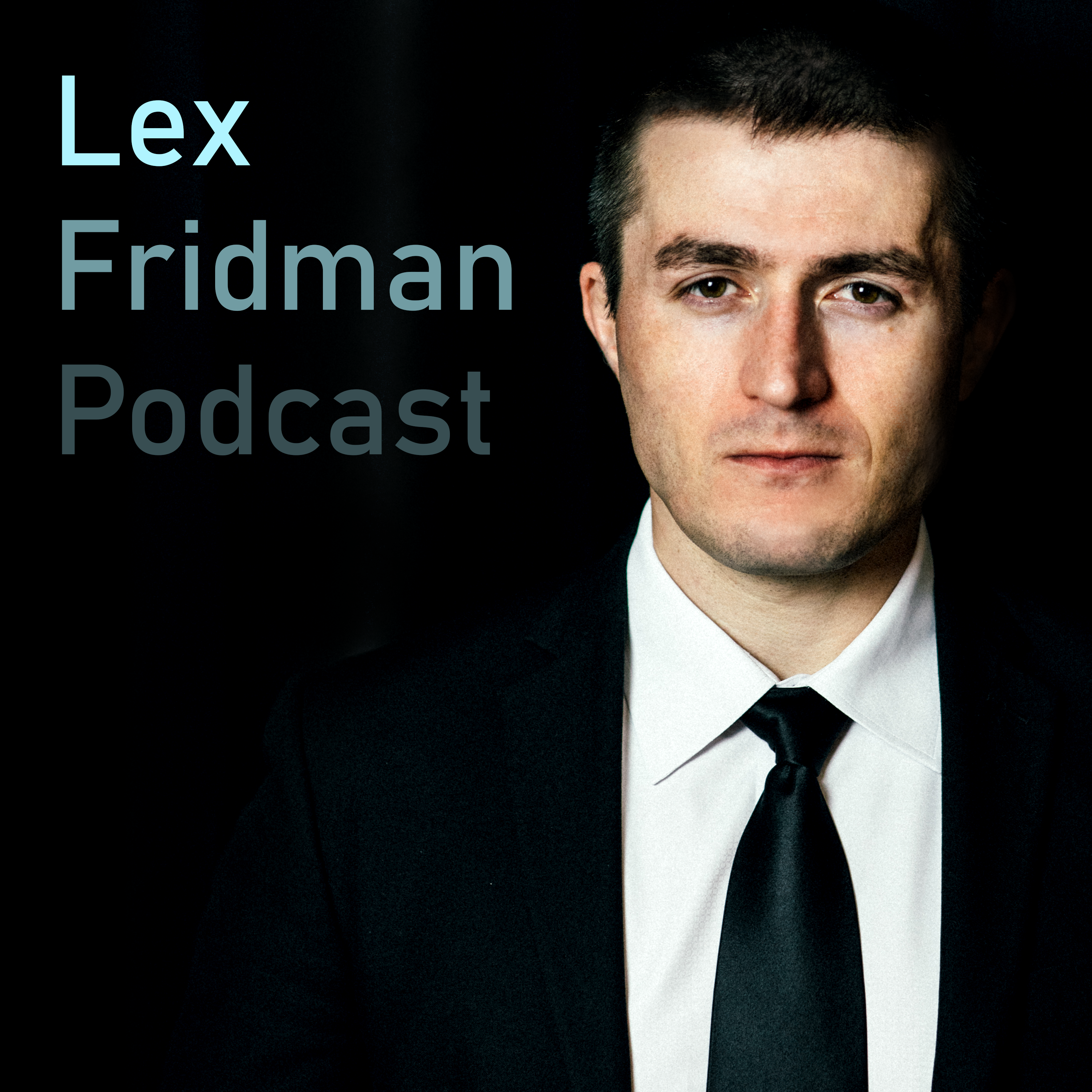
Lex Fridman Podcast episodes that mention The Wealth of Nations by Adam Smith
Episode: Jennifer Burns: Milton Friedman, Ayn Rand, Economics, Capitalism, Freedom | Lex Fridman Podcast #457
Published on January 19, 2025
Classical economics does not really use math, is very close to political economy. It's concerned with, as Smith puts it, "The wealth of nations."
Jennifer Burns quotes Adam Smith, mentioning the title of his famous work.
Episode: Cenk Uygur: Trump vs Harris, Progressive Politics, Communism & Capitalism | Lex Fridman Podcast #441
Published on August 30, 2024
If you think free markets mean there is no government, you read it wrong; go back and reread Adam Smith.
In this segment, the guest, Cenk Uygur, discusses the relevance of Adam Smith's ideas regarding free markets and government intervention. He emphasizes that to truly understand the dynamics of free markets, one must recognize the necessity of government regulations to prevent monopolies and ensure a balanced approach.
Episode: Steve Keen: Marxism, Capitalism, and Economics | Lex Fridman Podcast #303
Published on July 17, 2022
Reading Rard feels like engaging with a cardboard cutout version of 'The Wealth of Nations', and I find his work trivial.
In this segment, the speaker critiques Rard's work by comparing it to 'The Wealth of Nations' by Adam Smith, suggesting that Rard's interpretation lacks depth and is a mere superficial version of the original.
Episode: Travis Oliphant: NumPy, SciPy, Anaconda, Python & Scientific Programming | Lex Fridman Podcast #224
Published on September 23, 2021
and i encountered a basically what i encountered a set of writings from people that said they were the inheritors adam smith but adam smith for the first time right which is the wealth of nations and kind of this notion of emergent emergent uh societies and realized oh there's this whole world out here of people
Travis Oliphant mentions reading about economics and encountering the work 'The Wealth of Nations' by Adam Smith.
Episode: Paul Krugman: Economics of Innovation, Automation, Safety Nets & UBI | Lex Fridman Podcast #67
Published on January 21, 2020
and now let me leave you some words from Adam Smith in the wealth of nations one of the most influential philosophers and economists in our history
The host, Lex Fridman, quotes Adam Smith and explicitly mentions his book 'The Wealth of Nations' at the end of the episode.
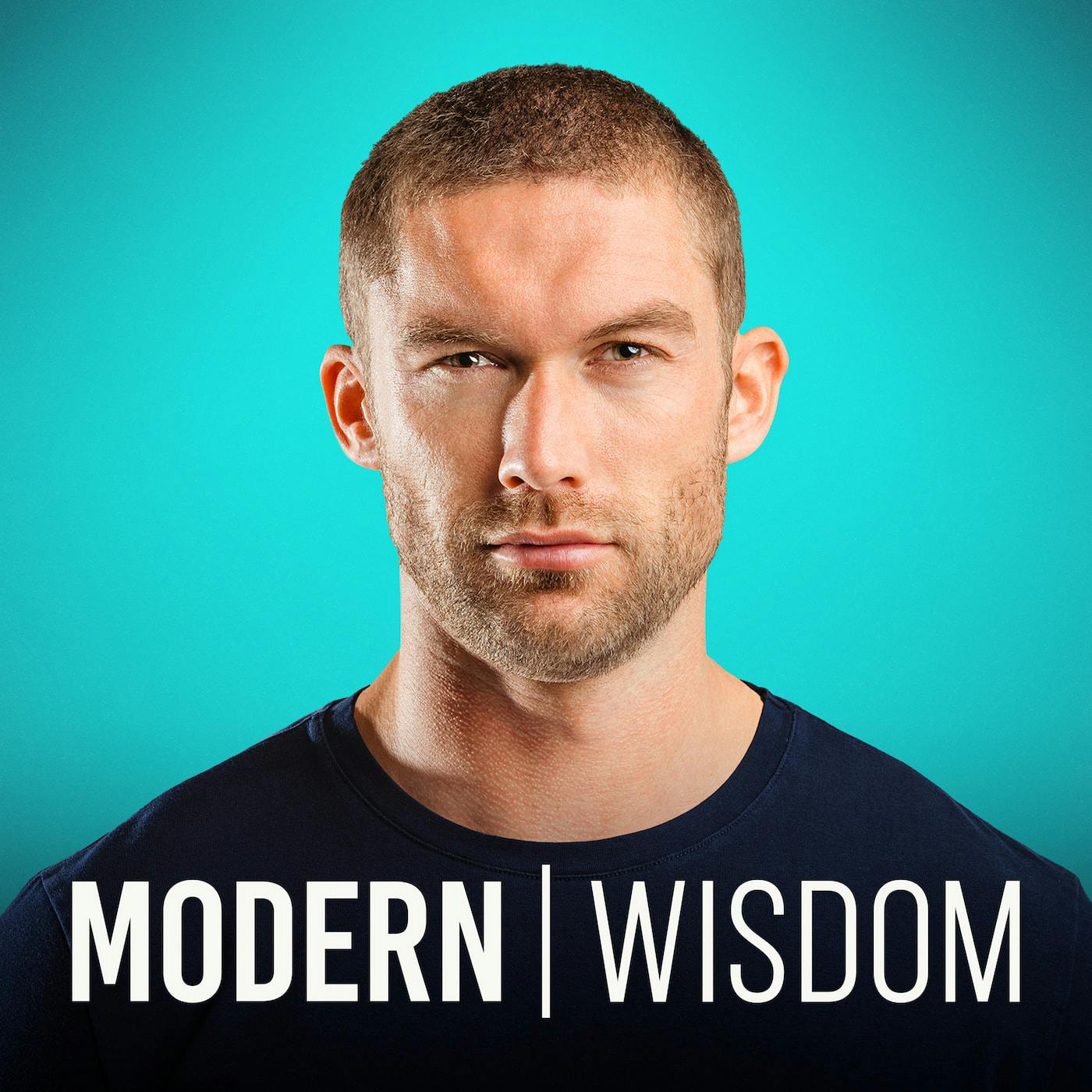
Modern Wisdom episodes that mention The Wealth of Nations by Adam Smith
Episode: Is Facebook Zucked? | Roger McNamee
Published on August 12, 2019
but I really feel strongly about this that this book is to the 21st century what Adam Smith's The Wealth of Nations was to the 18th and 19th
Roger McNamee compares the significance of Shoshanna Zubov's book to Adam Smith's classic work.
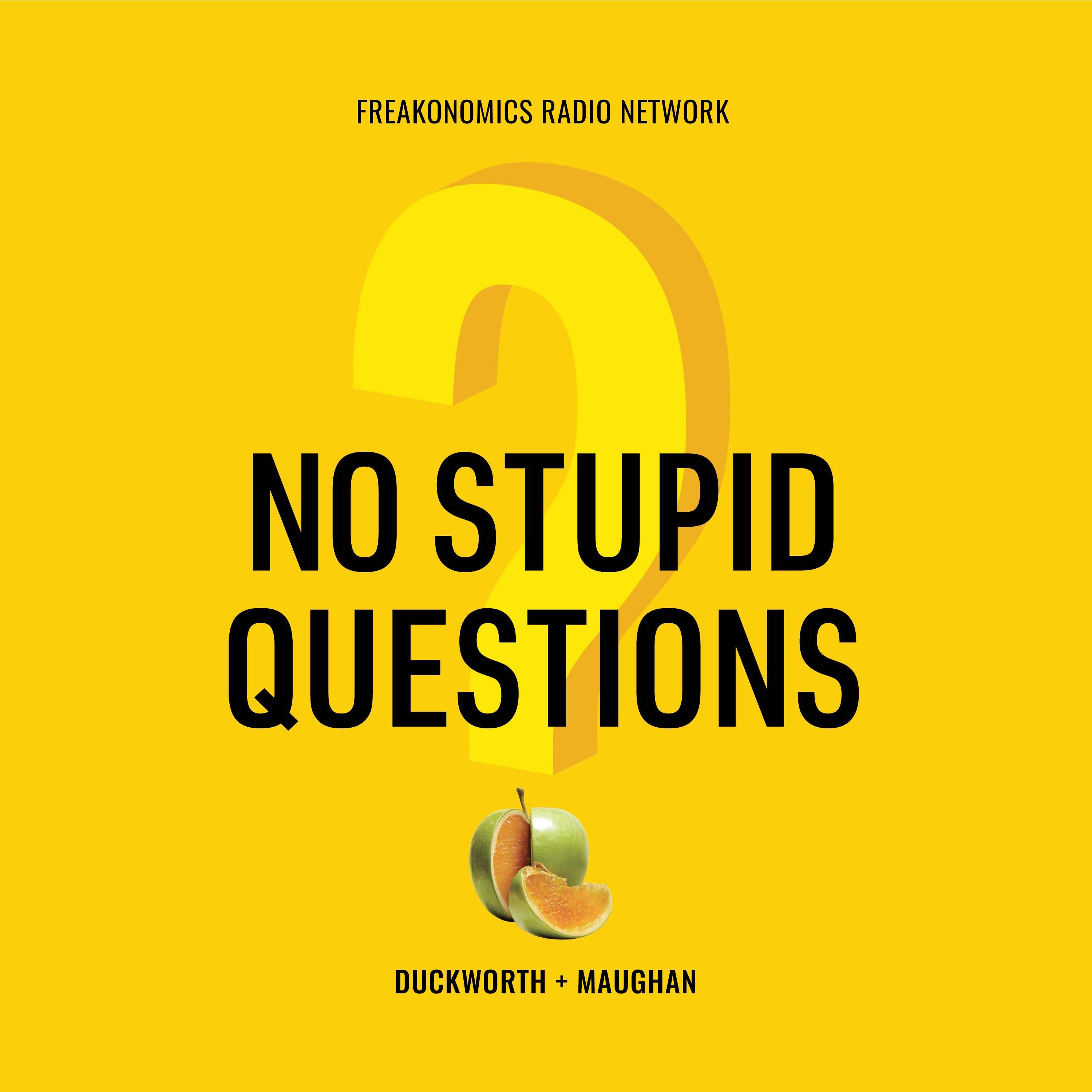
No Stupid Questions episodes that mention The Wealth of Nations by Adam Smith
Episode: Is It Wrong to Enjoy Yourself While the World Is Burning? | No Stupid Questions | Episode 132
Published on January 31, 2023
Self-interest was something that he wrote a bit about in his later book The Wealth of Nations, but in the Theory of Moral Sentiments he writes about our self-concern in a way that I think would help modern people look at it in a different light.
In this segment, Angela Duckworth discusses Adam Smith's book 'The Wealth of Nations,' highlighting it as a significant work that addresses the concept of self-interest, contrasting it with his earlier work, 'The Theory of Moral Sentiments.' Duckworth suggests that Smith's insights could provide a fresh perspective for today's readers.
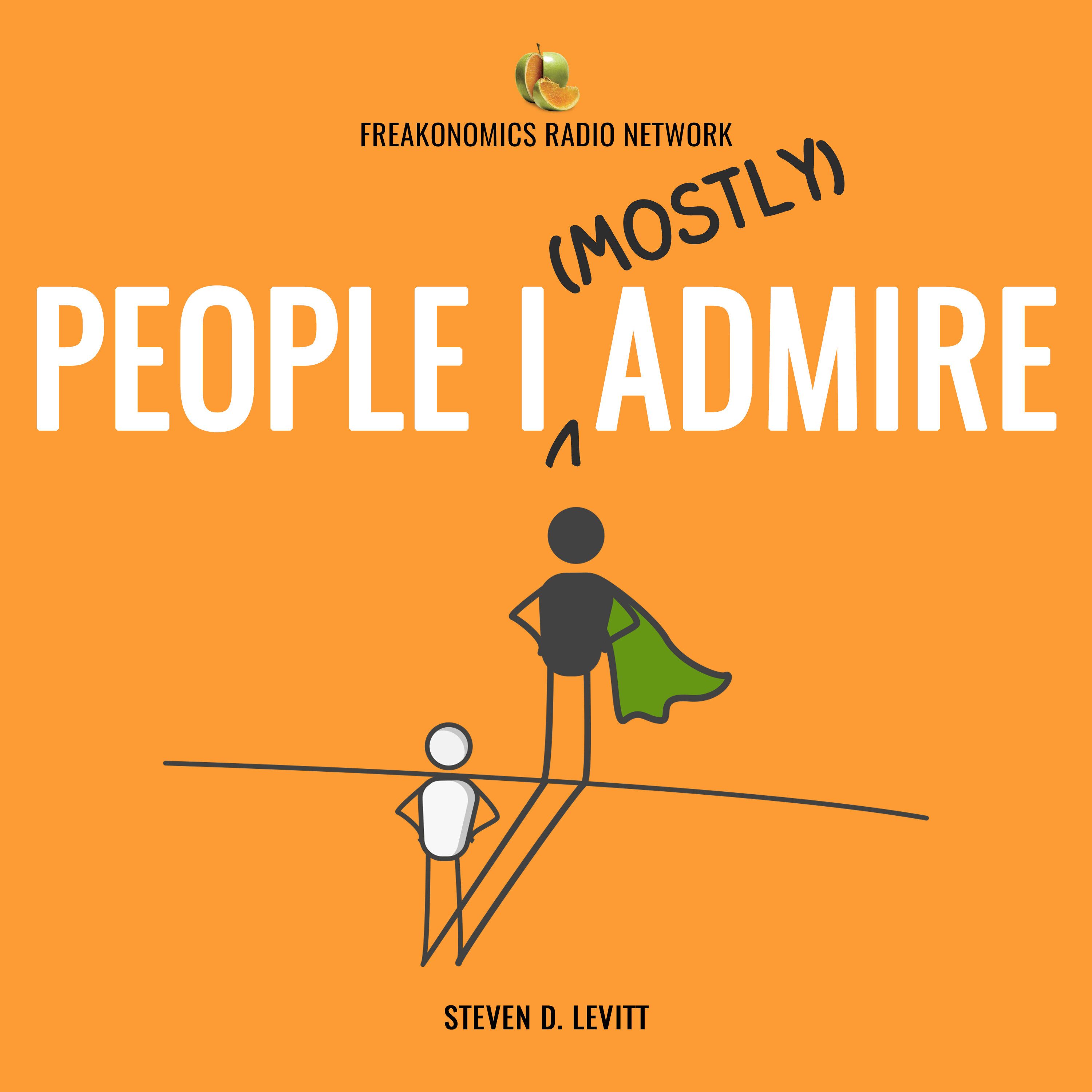
People I (Mostly) Admire episodes that mention The Wealth of Nations by Adam Smith
Episode: Peter Singer Isn’t a Saint, But He’s Better Than Steve Levitt | People I (Mostly) Admire | Ep 90
Published on July 21, 2023
Adam Smith's book, The Wealth of Nations, laid out what's called the Invisible Hand Theory, which is the idea that in a market setting, if every individual pursues their own self-interest, the market equilibrium is one that has many amazing characteristics.
In this segment, Steve Levitt discusses the Invisible Hand Theory from Adam Smith's book, The Wealth of Nations, emphasizing how individual self-interest in a market can lead to beneficial outcomes.
Episode: Peter Singer Isn’t a Saint, But He’s Better Than Steve Levitt | People I (Mostly) Admire | Ep 90
Published on January 6, 2023
You're referring to the Adam Smith of The Wealth of Nations, but there's also the Adam Smith of The Theory of Moral Sentiments.
In this discussion, Peter Singer highlights the contrast between Adam Smith's 'The Wealth of Nations' and his other renowned work, 'The Theory of Moral Sentiments'. He emphasizes that 'The Wealth of Nations' primarily addresses economic principles rather than ethical considerations.
It really crashes headlong into this view in economics which I've been so indoctrinated into with so many years in the field and Adam Smith's book, The Wealth of Nations.
In this segment, host Steve Levitt reflects on his deep-rooted beliefs in economics and discusses Adam Smith's influential book, The Wealth of Nations, highlighting its impact on his understanding.
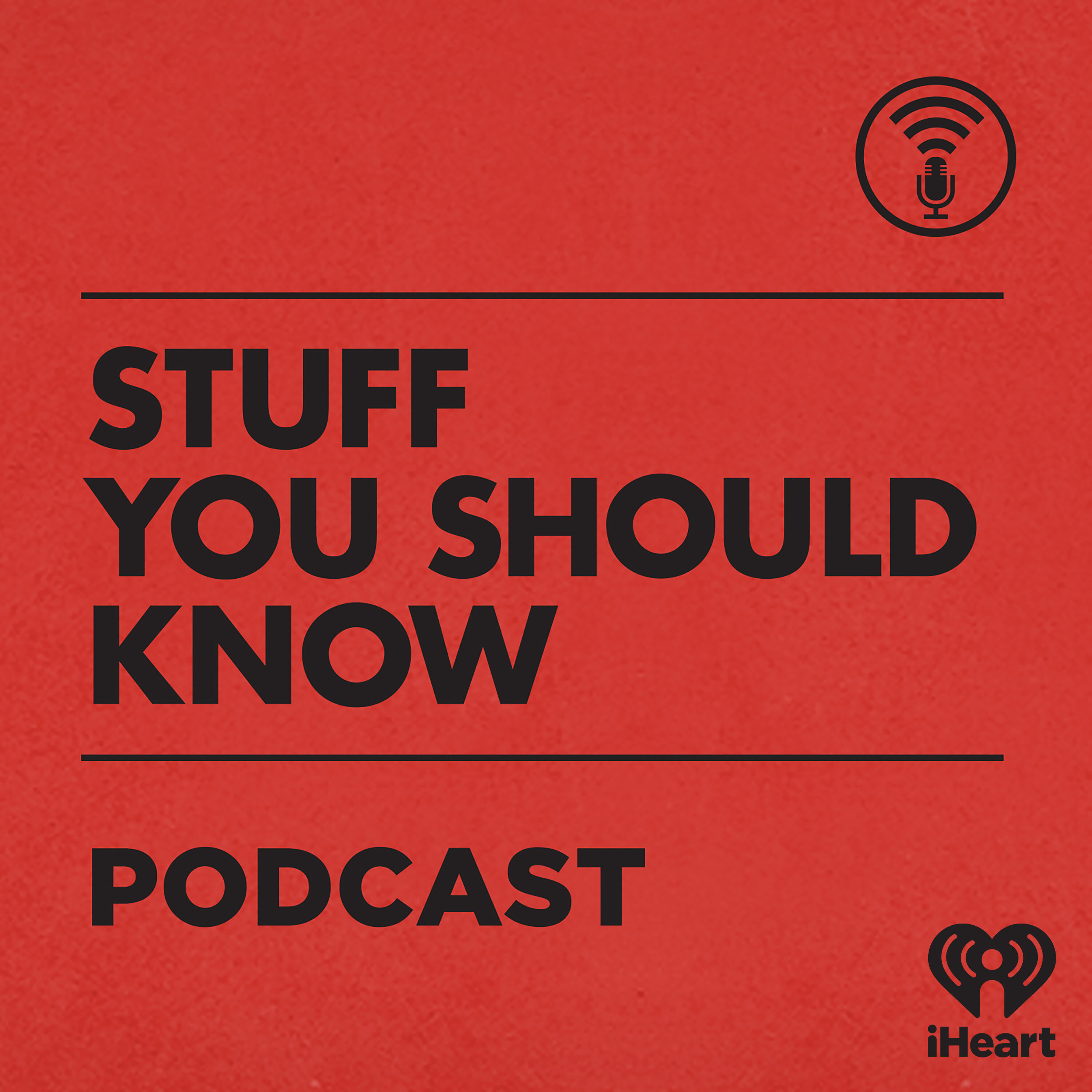
Stuff You Should Know episodes that mention The Wealth of Nations by Adam Smith
Episode: The Luddites: Misunderstood Working Class Heroes | STUFF YOU SHOULD KNOW
Published on August 23, 2024
One of the other things that happened to kind of—but this thing was full steam ahead when Adam Smith wrote a book in 1776 called 'An Inquiry into the Nature and Causes of the Wealth of Nations.'
In this episode, the hosts discuss how Adam Smith's book, 'The Wealth of Nations', published in 1776, played a significant role during the Industrial Revolution, illustrating how its concepts were used to rationalize the exploitation of workers by employers.

The Daily Stoic episodes that mention The Wealth of Nations by Adam Smith
Episode: Admiral Bill McRaven On Capturing Sadam Hussein And Honorable Leadership
Published on May 20, 2024
Adam Smith, before he wrote The Wealth of Nations, he wrote this philosophy book; he was taught by a professor who was a big fan of Stoics and it’s called The Theory of Moral Sentiments.
In this segment, the podcast host discusses Adam Smith, noting that before he wrote his famous work 'The Wealth of Nations', he authored a philosophy book called 'The Theory of Moral Sentiments', influenced by a professor who admired Stoic principles.

The Joe Rogan Experience episodes that mention The Wealth of Nations by Adam Smith
Episode: Joe Rogan Experience #1962 - Eddie Huang
Published on June 27, 2024
because I do feel like everything is still just like Adam Smith Wealth of Nations and it's like there's been Marxism there's been other things but nothing has topped that guy's like idea for the global economy
The speaker mentions Adam Smith's "Wealth of Nations" as the foundational idea for the global economy that hasn't been surpassed.
Episode: Joe Rogan Experience #1373 - Kyle Kulinski
Published on October 30, 2019
it drew in a classical economic ideas espoused by Adam Smith You know at one of the wealth of nations
Adam Smith and his book 'The Wealth of Nations' are mentioned in the context of classical economic ideas and libertarianism.
Episode: Joe Rogan Experience #1088 - Bryan Callen
Published on March 7, 2018
and she she said well you know what they don't tell you is that when Adam Smith was writing The Wealth of Nations the [ __ ] handbook for all capitalists and free-market guys like yourself
Bryan Callen mentions Adam Smith and his book 'The Wealth of Nations' as a foundational text for capitalism.
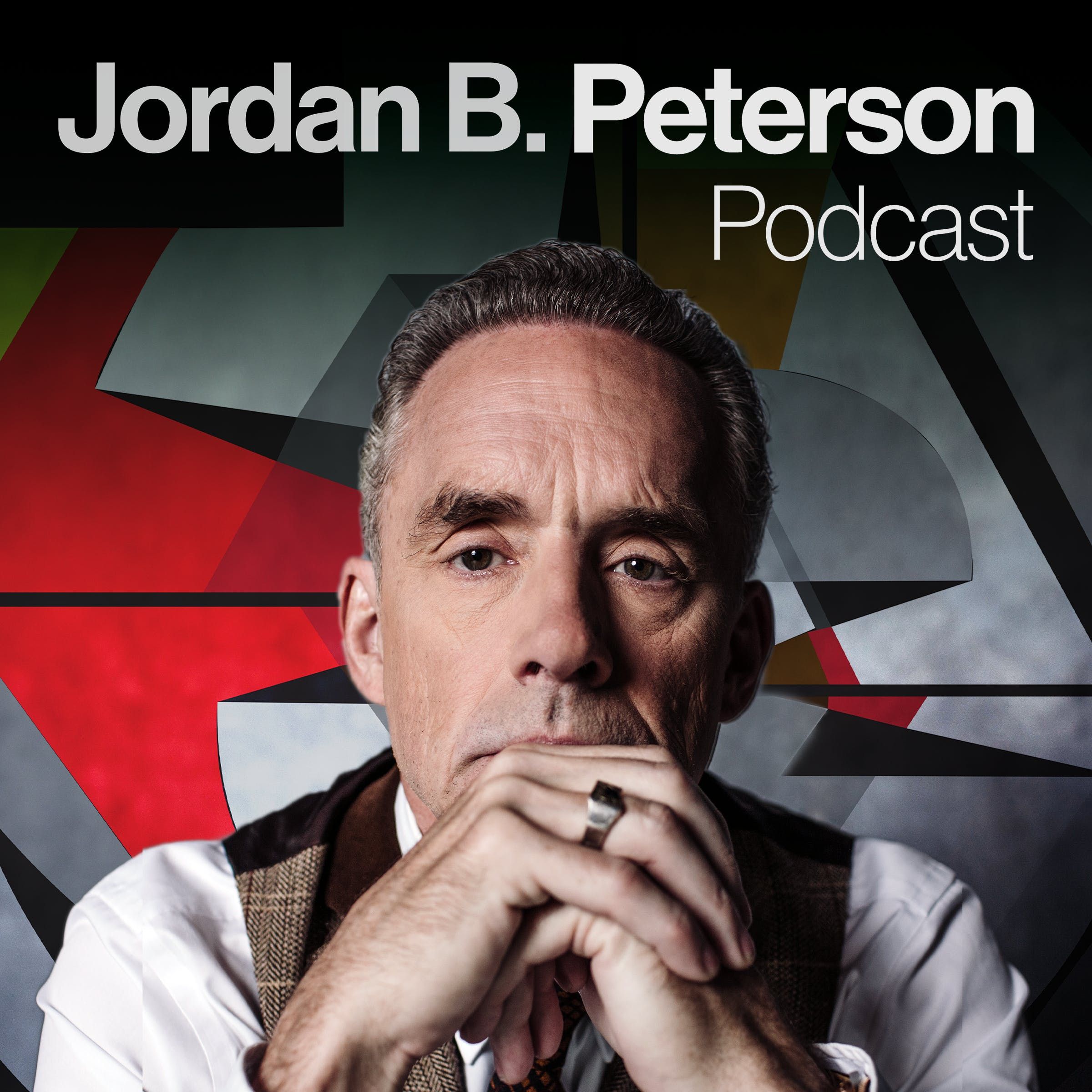
The Jordan B. Peterson Podcast episodes that mention The Wealth of Nations by Adam Smith
Episode: Meaning Through Responsibility | The Heritage Foundation & Dr. Kevin Roberts | EP 397
Published on November 16, 2023
It was the monks of Salaka in the 1200s who first came up with this concept and even Adam Smith himself, I think, would be very comfortable in this exchange that you and I are having about the lack of primacy of the free market as it relates to human goods.
Dr. Peterson discusses the philosophical contributions of Adam Smith in the context of economic principles, suggesting a connection to his well-known work, 'The Wealth of Nations.'
Episode: The War for Reality | Helen Joyce | EP 379
Published on August 10, 2023
I think the partial answer to what you're asking might be to think along the lines of Adam Smith, who saw two different spheres, and in 'The Wealth of Nations,' he talked about the invisible hand which governs the market, but then he also talked about the theory of moral sentiments, which was the realms where the market didn't go.
In this discussion, Dr. Jordan B. Peterson references Adam Smith's 'The Wealth of Nations' while exploring the concepts of market dynamics and moral sentiments, highlighting Smith's views on the invisible hand that governs the market.
Episode: Warriors & Kings | Senator Josh Hawley | EP 361
Published on May 29, 2023
I mean, which to your point, I think is that if you look at his theory of capitalism in The Wealth of Nations, if you look at his theory of moral sentiments, which I think he actually wrote beforehand, you can see that it's embedded in a particular social context, which is frankly very biblically informed.
Sen. Hawley references Adam Smith's 'The Wealth of Nations' to emphasize that Smith's theories of capitalism are rooted in a specific social context, which he argues is significantly influenced by biblical teachings. This point supports his overall argument regarding the ethics of the free market.
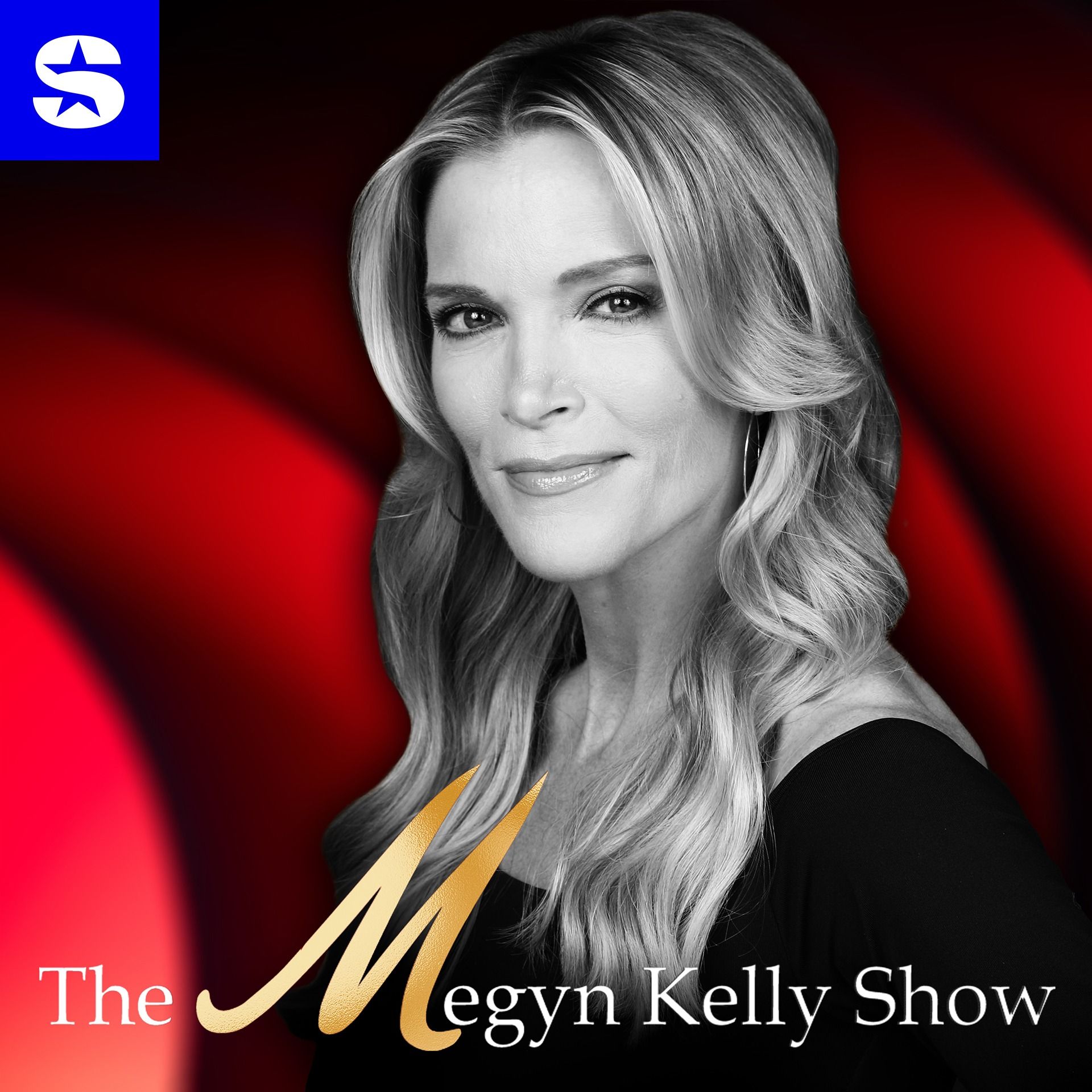
The Megyn Kelly Show episodes that mention The Wealth of Nations by Adam Smith
Episode: Biden's Foreign Policy Failures, Rise of Woke Police, and the Value of Religion, with Niall Ferguson
Published on April 21, 2023
and the Scottish Enlightenment which after all produced uh some of the greatest ideas human beings have ever had think of Adam Smith's contribution The Wealth of Nations the theory of moral sentiments that's the kind of intellectual Legacy that I think of myself as being uh uh responsible for
Niall Ferguson mentions Adam Smith's contributions, specifically naming "The Wealth of Nations" as part of the intellectual legacy of the Scottish Enlightenment.
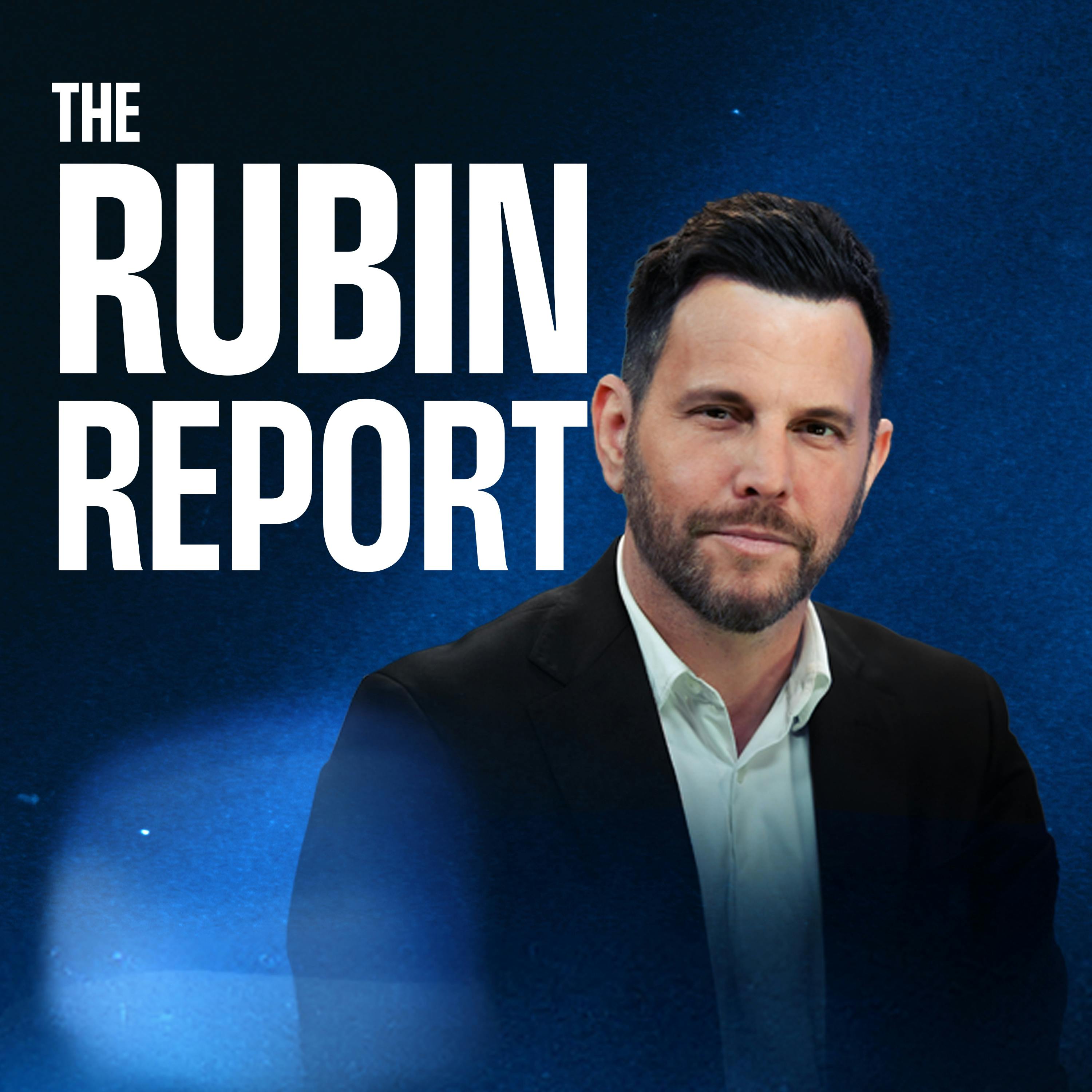
The Rubin Report episodes that mention The Wealth of Nations by Adam Smith
Episode: On Midterm Elections & the Future of Politics | Glenn Beck | MEDIA | Rubin Report
Published on October 19, 2018
capitalism has lost the first volume of Adam Smith the second volume is Wealth of Nations
Glenn Beck mentions Adam Smith's "Wealth of Nations" as the second volume, contrasting it with the first volume, "Moral Sentiments".

The Tucker Carlson Show episodes that mention The Wealth of Nations by Adam Smith
Episode: Oren Cass: How Trump’s Tariffs Are Reversing the Foreign Policy That Doomed America’s Economy
Published on May 16, 2025
Adam Smith, the you know father of capitalism had this idea of the invisible hand which if you go back and look at what he was actually talking about what he was describing it like literally in the paragraph where he writes about the invisible hand he has all these requirements...
Oren Cass discusses Adam Smith and his concept of the invisible hand, referencing the context in which Smith wrote about it.

Timcast IRL episodes that mention The Wealth of Nations by Adam Smith
Episode: Timcast IRL - MTG Shares EXPLICIT Images From Hunter Biden's Laptop w/ Vivek Ramaswamy
Published on July 20, 2023
that was the year of The Wealth of Nations that was Adam Smith's famous text
Vivek Ramaswamy mentions Adam Smith's famous text, 'The Wealth of Nations'.
If you’d like to explore more in The Wealth of Nations, you can purchase it here:
